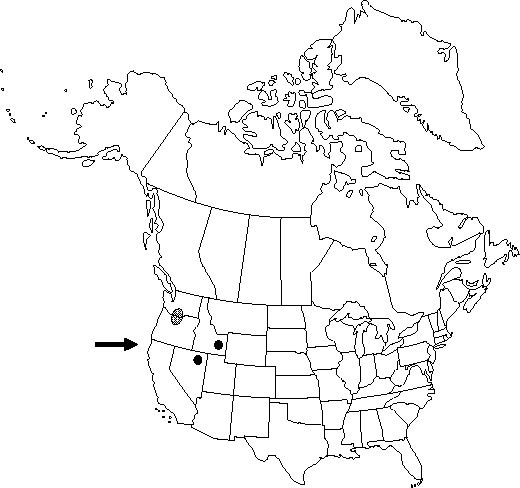Difference between revisions of "Ranunculus triternatus"
Proc. Amer. Acad. Arts 21: 370. 1886.
imported>Volume Importer |
imported>Volume Importer |
||
| Line 58: | Line 58: | ||
|publication year=1886 | |publication year=1886 | ||
|special status=Conservation concern;Endemic | |special status=Conservation concern;Endemic | ||
| − | |source xml=https:// | + | |source xml=https://bitbucket.org/aafc-mbb/fna-data-curation/src/2e0870ddd59836b60bcf96646a41e87ea5a5943a/coarse_grained_fna_xml/V3/V3_943.xml |
|genus=Ranunculus | |genus=Ranunculus | ||
|subgenus=Ranunculus subg. Ranunculus | |subgenus=Ranunculus subg. Ranunculus | ||
Latest revision as of 21:52, 5 November 2020
Stems prostrate or ascending, 5-20 cm, glabrous, each with 1-6 flowers. Roots cylindric, 2-3 mm thick. Basal leaves persistent, blades rhombic to deltate or reniform in outline, 3-4×-dissected, 1.1-3.4 × 2-3.1 cm, segments linear, base obtuse, margins crenate, apices of segments narrowly rounded. Flowers: pedicels glabrous; receptacle short-pubescent; sepals 4-8 × 2-5 mm, abaxially glabrous or nearly so; petals 5, 6-15 × 4-10 mm; nectary scale glabrous. Heads of achenes depressed-globose, 4-6 × 5-8 mm; achenes 1.8-2.2 × 1.2-1.8 mm, finely pubescent; beak subulate, straight, 0.8-1.5 mm.
Phenology: Flowering spring (Apr–May).
Habitat: Grassland or sagebrush
Elevation: 900-1700 m
Distribution

Idaho, Nev., Oreg., Wash.
Discussion
Of conservation concern.
C. L. Hitchcock et al. (1955-1969, vol. 2) considered the name Ranunculus triternatus A. Gray to be an illegitemate homonym and used the illegitimate (superfluous) name R. reconditus A. Nelson & J. F. Macbride for this species. The name Ranunculus triternatus Poiret was not validly published (not accepted by Poiret) and does not invalidate R. triternatus A. Gray.
Selected References
None.